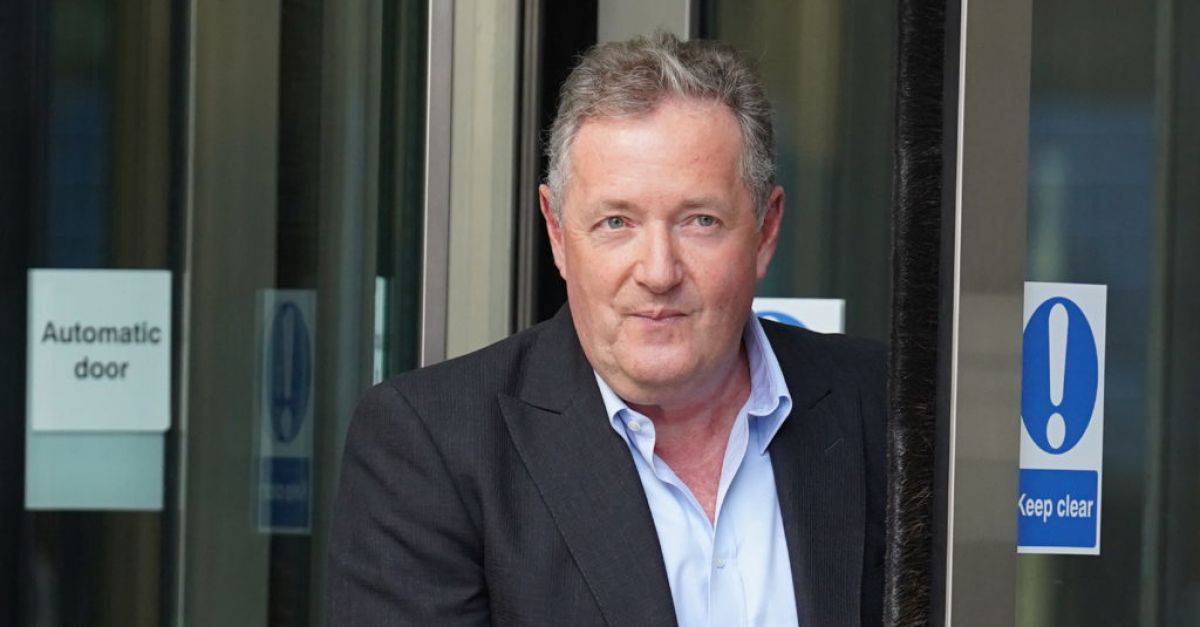The federal judge presiding over the classified documents case against former president Donald Trump and two of his associates struck a paragraph from the indictment on Monday.
Still, they denied a defence request to dismiss some of the charges.
The paragraph concerns allegations that Trump, in 2021, while no longer president, showed a classified map of a foreign country to a representative of his political action committee while discussing a military operation that he said was not going well.
Defence lawyers said the paragraph was prejudicial because it included information that was not irrelevant to the indictment, which accuses Trump of illegally retaining classified documents at his Mar-a-Lago estate, and US District Judge Aileen Cannon on Monday agreed that the language’s inclusion in charging documents was “not appropriate”.
She left the rest of the indictment intact, denying in her 14-page order a defence request to dismiss actual charges in the indictment.
But even as she did that, she chided special counsel Jack Smith’s team for including language in the indictment that she said was “legally unnecessary to serve the function of an indictment” and for creating “arguable confusion” in the allegations.
The motion to dismiss the counts is one of multiple pretrial requests and disputes that have piled up before Ms Cannon for months.
These have snarled the case’s progress and prompted the judge last month to indefinitely postpone a trial that had been set for May 20 in Fort Pierce, Florida.
She has scheduled additional arguments for later this month, including on a Trump challenge to the legality and funding of the Justice Department’s appointment of Mr Smith as special counsel last year.
The delays are all the more startling given that many legal experts had seen the classified documents case as exceedingly straightforward.
The case alleged that Trump had illegally hoarded classified documents from his presidency at his Mar-a-Lago estate in Palm Beach, Florida, and obstructed FBI efforts to get them back.
The prosecution is one of four criminal cases Trump faces as he seeks to reclaim the White House.
The defendants in this particular motion had sought to throw out more than a half-dozen counts in the indictment, which also accuses Trump of conspiring with valet Walt Nauta and Mar-a-Lago property manager Carlos De Oliveira to conceal the sensitive files from the government.
The defendants had challenged counts related to obstruction and false statements.
Still, Ms Cannon said in an order on Monday that “the identified deficiencies, even if generating some arguable confusion, are either permitted by law, raise evidentiary challenges not appropriate for disposition at this juncture, and/or do not require dismissal even if technically deficient, so long as the jury is instructed appropriately and presented with adequate verdict forms as to each Defendants’ alleged conduct”.
Ms Cannon has already rejected multiple other motions to dismiss the case, including one that suggested that Trump was authorised under a statute known as the Presidential Records Act to keep the documents with him after he left the White House and to designate them as his personal files.
Signup bonus from




